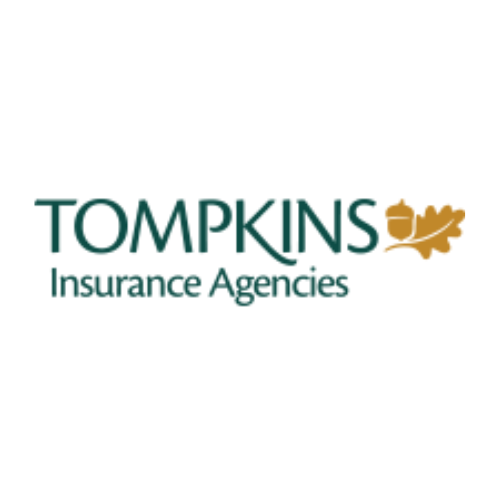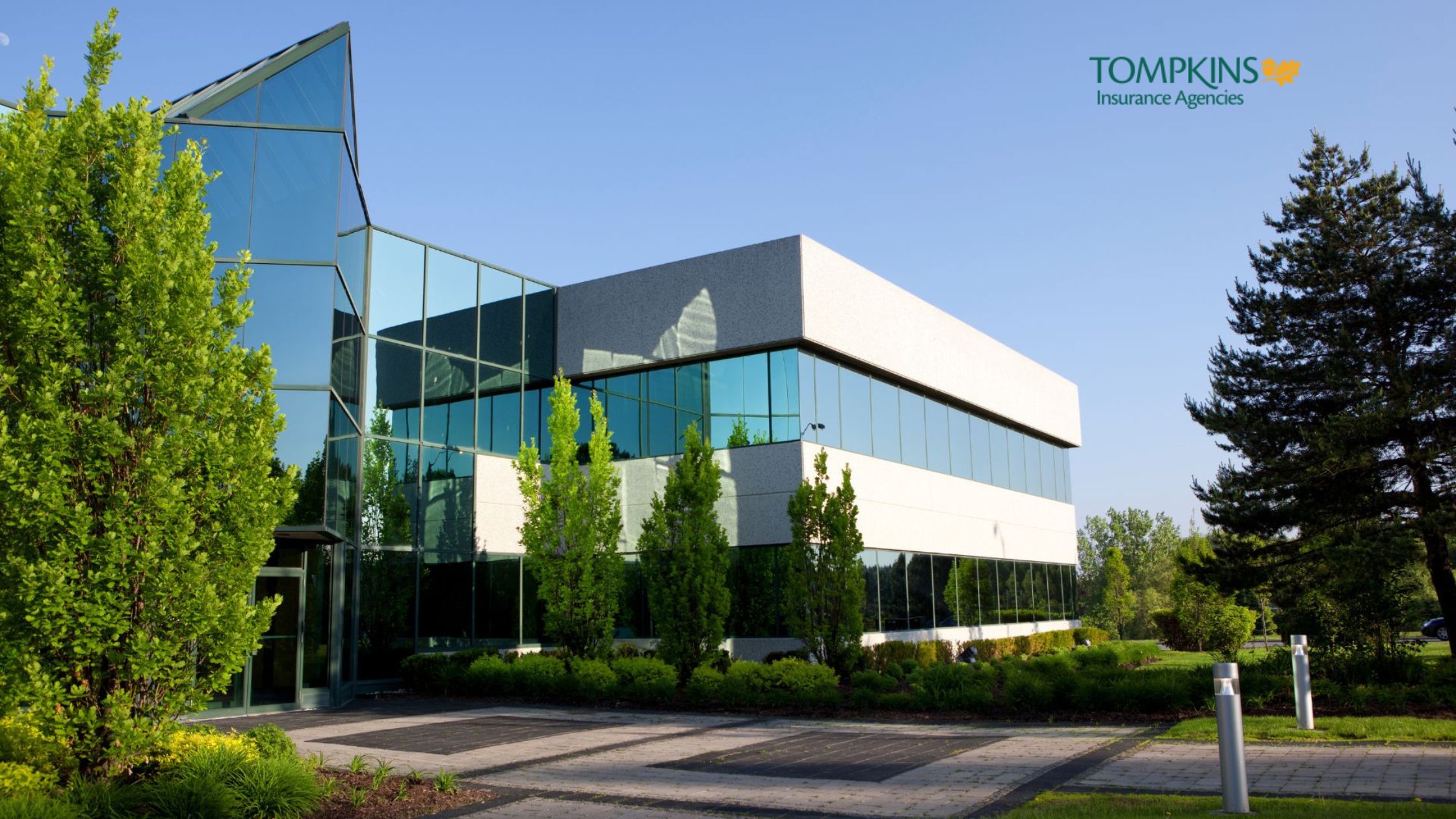
In the pursuit of sustainable living and energy efficiency, many homeowners are turning to solar panels to power their homes. While solar panels contribute to environmental conservation and long-term cost savings, it's crucial to understand how they can impact your homeowners insurance coverage. Let's explore the various aspects of the relationship between solar panels and homeowners insurance.
The Rise of Solar Power
The adoption of solar panels has surged in recent years as more homeowners seek alternative energy sources. Solar panels generate electricity by harnessing the sun's power, reducing reliance on traditional energy grids and decreasing carbon footprints. However, this shift in energy sources can introduce considerations for homeowners insurance.
Impact on Homeowners Insurance
Potential impacts on homeowners insurance can include the following:
- Property Value and Coverage:
The installation of solar panels typically increases the overall value of your property. When assessing your homeowners insurance coverage, it's essential to account for the added value that solar panels bring to your home. It ensures that your insurance coverage adequately reflects the replacement cost of your property, including the solar panel system.
- Special Considerations for Coverage:
Solar panels are considered a part of your dwelling, and coverage for them is typically included in your homeowners insurance policy. However, it's crucial to review your policy and understand the extent of coverage for solar panels. Some policies may have limitations or exclusions related to specific types of damage to solar equipment, such as hail or wind damage. Working closely with your insurance agent can help clarify any potential coverage gaps.
- Liability Coverage:
Liability coverage is a critical component of homeowners insurance, protecting you in the event of injuries or property damage on your premises. The installation of solar panels introduces additional considerations for liability coverage. If someone, such as a technician or maintenance worker, is injured while working on your solar panel system, liability coverage should extend to these scenarios. Confirm with your insurance provider that your policy includes adequate liability coverage related to your solar panel installation.
- Maintenance and Repairs:
While solar panels are designed for durability, they may require maintenance or repairs over time. Some homeowners insurance policies include coverage for damages caused by certain perils, but it's essential to review the terms and conditions. Additionally, inquire about coverage for potential interruptions in your solar power generation due to damages or necessary repairs.
- Financing and Leasing Considerations:
If you financed or leased your solar panels, the terms of your agreement may impact your homeowners insurance coverage. Lenders or leasing companies may have specific insurance requirements to protect their interests. It's crucial to communicate with your insurance provider to ensure that your policy aligns with the expectations outlined in your financing or leasing agreement.
- Documentation and Reporting:
Proper documentation is vital when it comes to insurance coverage for solar panels. Keep records of the installation process, associated costs, and any warranties or guarantees provided by the solar panel manufacturer or installer. This information can be valuable in the event of a claim and ensures a smooth process when reporting damages or seeking coverage for repairs.
Navigate the Complexities of Homeowners Insurance and Solar Panels with Us
As the popularity of solar panels continues to grow, it is recommended that homeowners proactively address the impact on their homeowners insurance coverage. Tompkins Insurance Agencies is committed to helping you navigate the complexities of insurance in the context of renewable energy solutions. Contact us today for personalized assistance and comprehensive insurance solutions. Call us at 1-888-261-2688 to get started.











